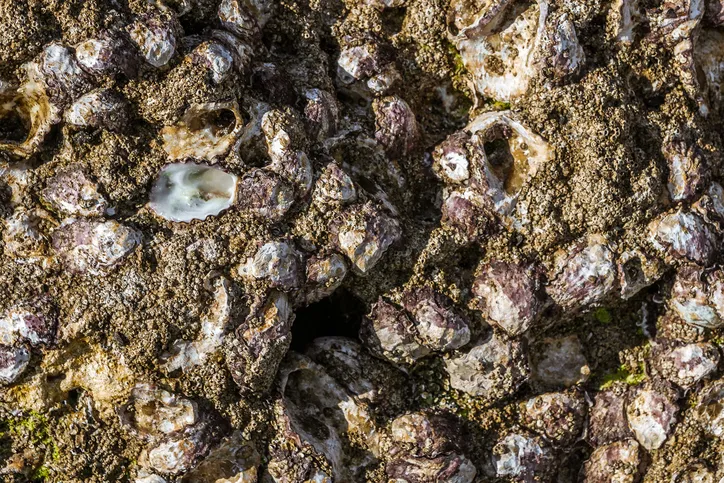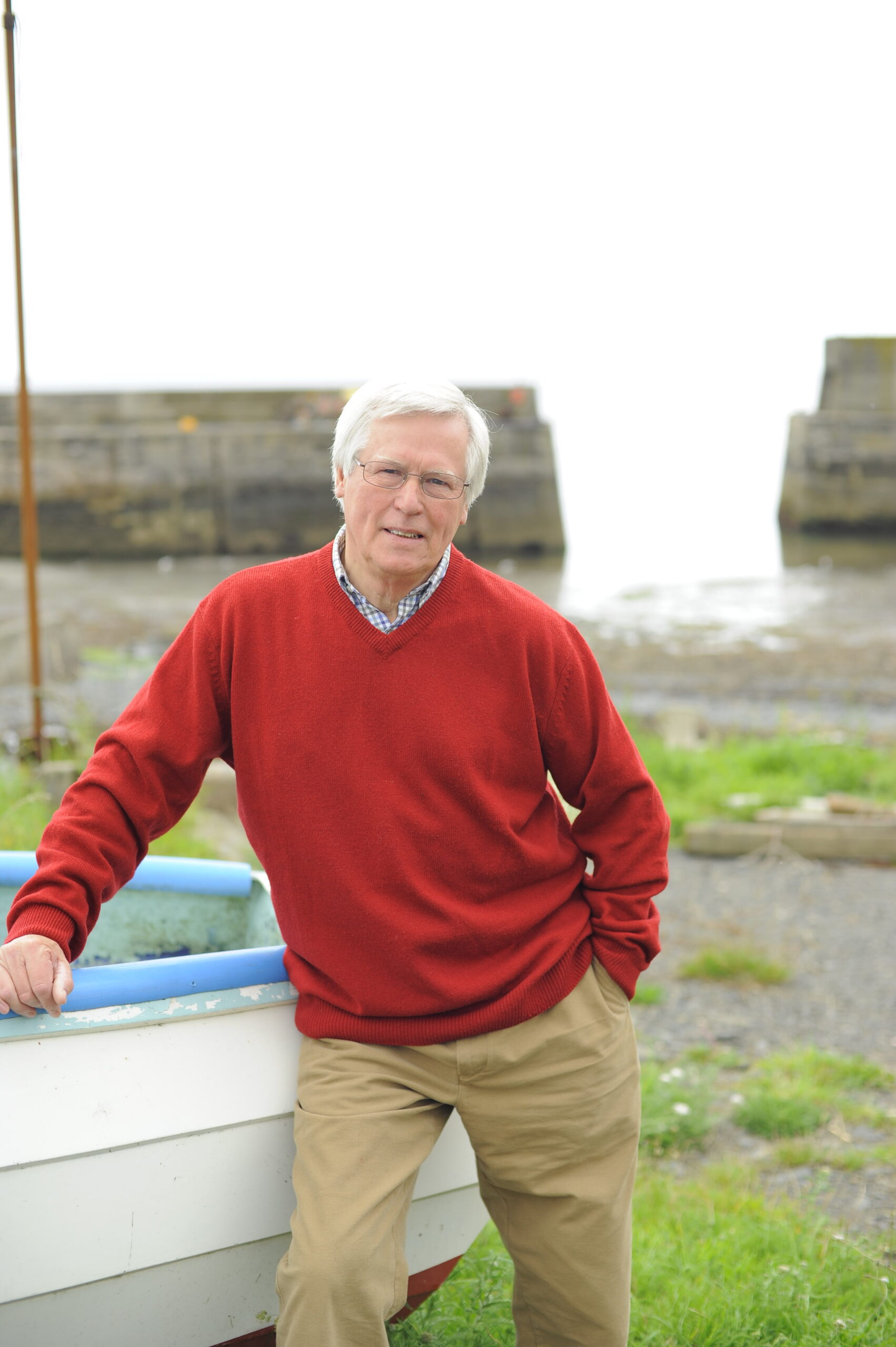Fermentation has been around since humans first made bread and beer, but could it now lead to a revolution in food production that ultimately brings about the end of farming, worldwide? Unimaginable, you might think, but scientists have refined the process to develop protein which they say can be turned into meat, dairy produce and eggs – with no animals or fields needed!
One prediction is that, theoretically, enough protein to feed everyone on Earth could be ‘precision fermented’ in vast tanks in an area no bigger than Greater London, leaving most farmland to be returned to nature. Think what that would mean here in the UK, where 71% of our land surface is classed as agricultural. Internationally, the impact on traditional food providers would be catastrophic, with untold millions of people losing their livelihoods.
But, with the UN predicting that the world population will grow from almost 8 billion today to more than 10 billion by the end of the century, and with climate change posing so many threats, there is a growing belief that bio-technology such as precision fermentation (PF) will be needed to avoid mass food shortages.
Farm-free PF agriculture is complicated. Basically, fragments of DNA from a crop or animal are planted into genetically engineered microbes and fermented in tanks, where the DNA is replicated and produces large amounts of protein, which is then processed into biologically identical food.
At the recent COP27 summit, the green group rePLANET called for animal farming to be replaced with PF, claiming agriculture is responsible for more greenhouse gas than all the cars, planes and ships on the planet.
“The PF revolution is as significant and consequential for our natural world and climate as the dawn of farming was 10,000 years ago,” says Emma Smart of rePLANET UK. “Only this time, today’s food revolution promises a new age for non-human life of regeneration, not devastation.”
Most PF technology is still at the lab stage, though it is used now to produce insulin and rennet. Billions of pounds in investment will be needed for PF to become a viable replacement for the food we have always known, but that cash is already coming forward.

I read that PF milk proteins and egg whites have reached grocery markets in the United States, while bee-free honey and chocolate without cocoa are among other PF products on, or about to be on, the shelves. Singapore, which has hardly any farmland, has become the first country to allow the sale of lab-grown meat: chicken nuggets.
In an ideal farm-free world, no country would have to import food and communities, no matter how harsh their surroundings, could feed themselves from their fermentation tanks. But to me, this transformation raises many questions and concerns. How much public approval would be needed? What if the response is negative; who makes the final decisions? What if a few big firms or investors buy a stranglehold on this new technology? Will it look, feel, smell and taste the same as traditional food, and how will prices compare? What are the risks if the microbes escape? And, vitally, will there be compensation for a huge workforce, now redundant?
Those and more questions need answering before, and if, precision fermentation begins to feed the world.
